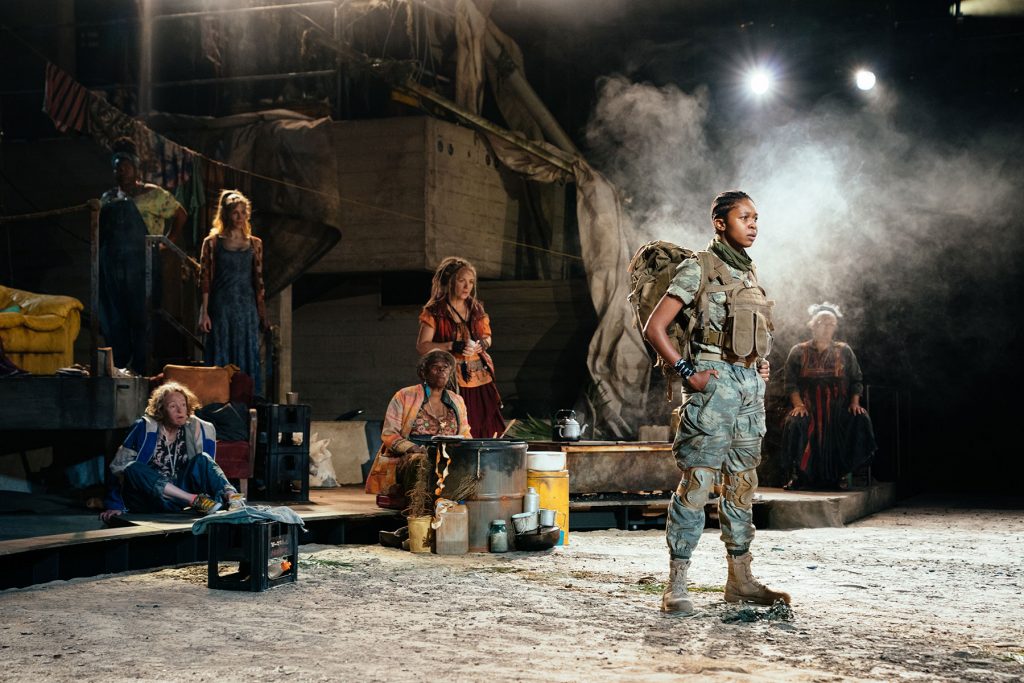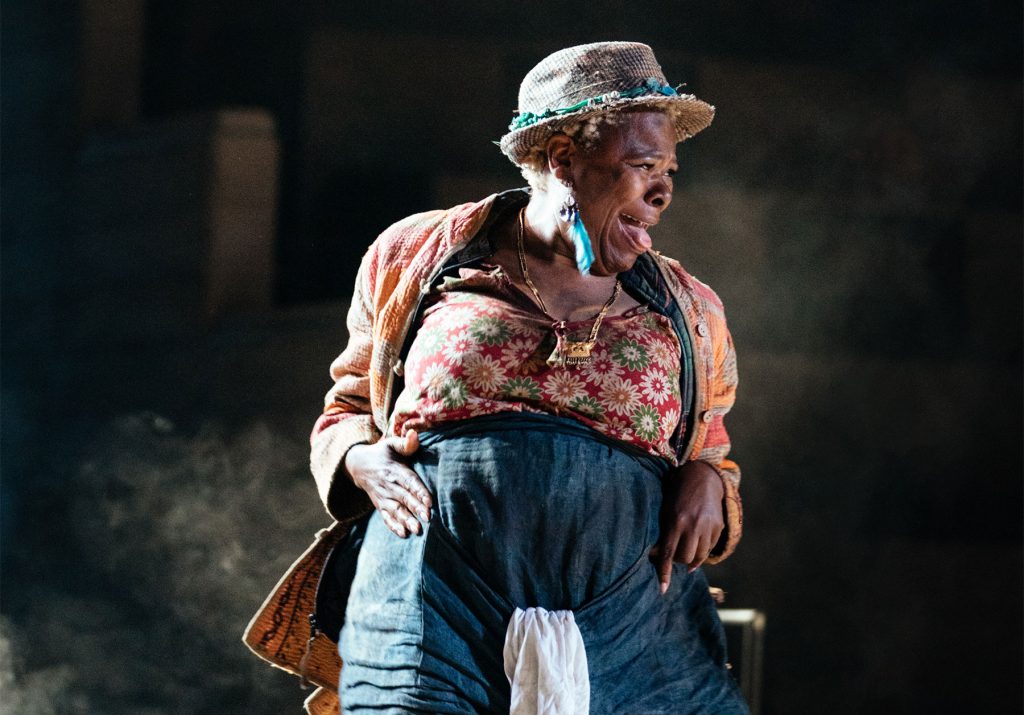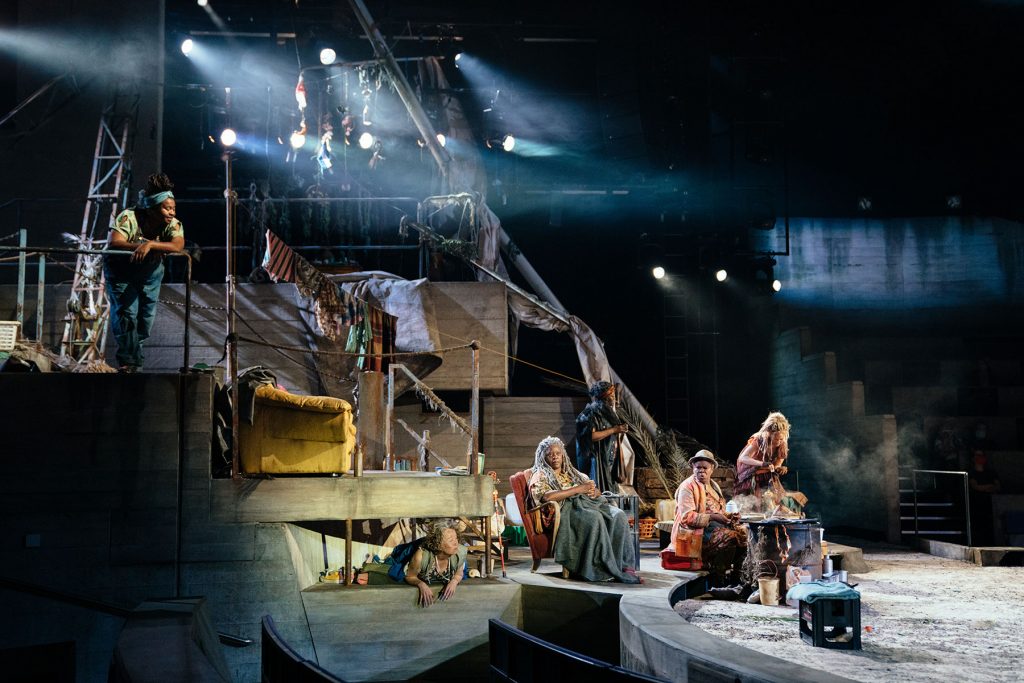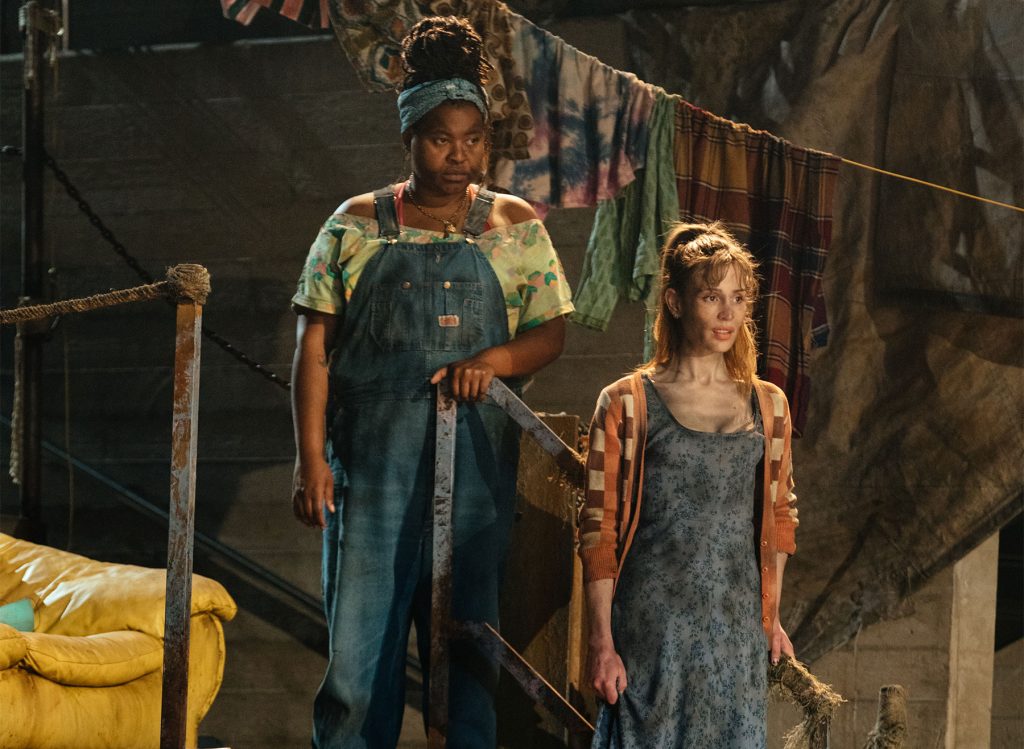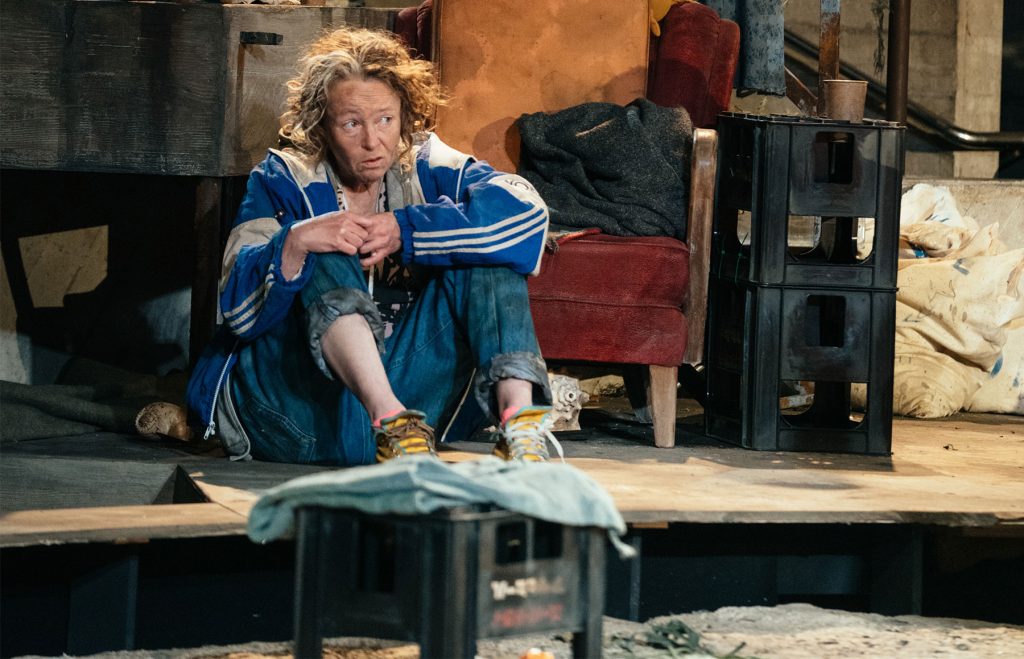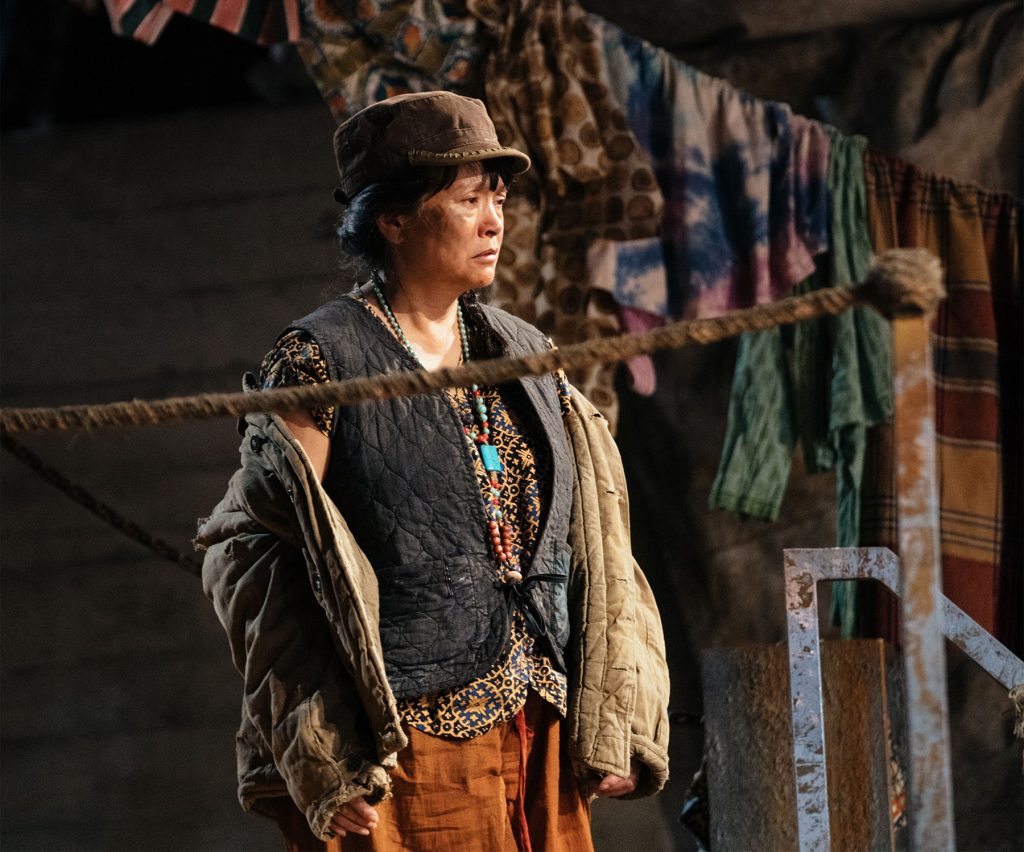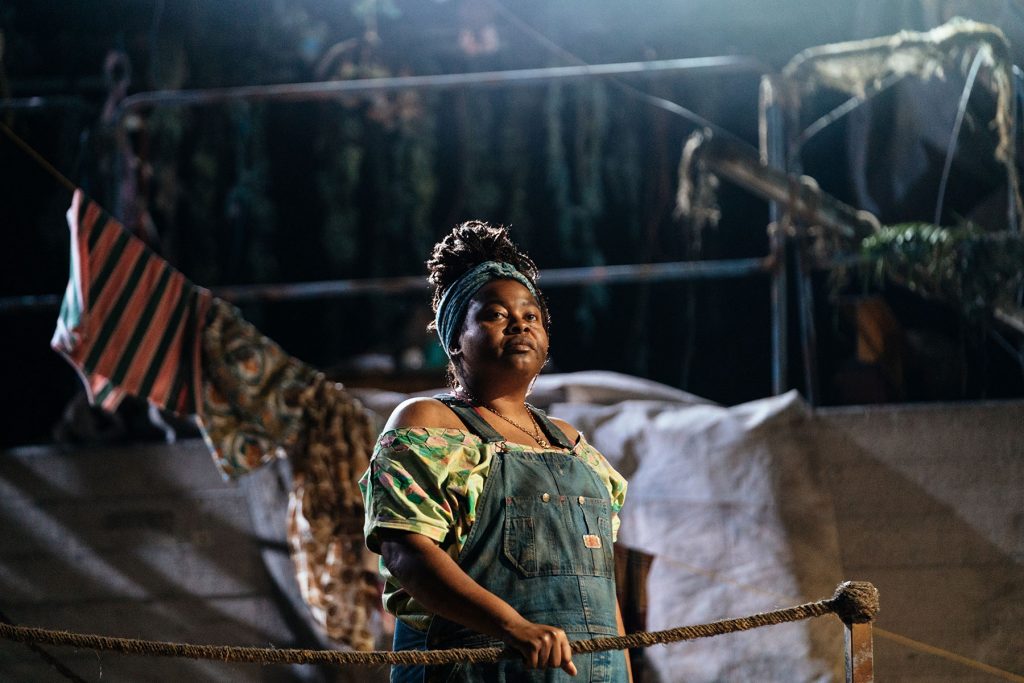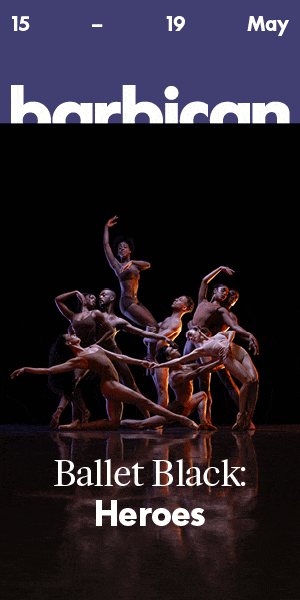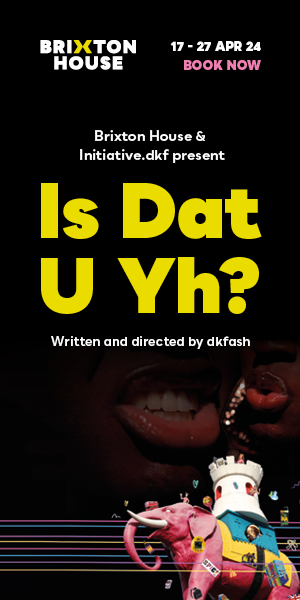Writer and poet Kae Tempest follows up their reputation as an avant-garde lyrical genius in Paradise, a new version of Sophocles’s Philoctetes.
Philoctetes, played by Lesley Sharp, is a severely wounded warrior abandoned on a desolate island by his peers. A decade later, Odysseus, the main culprit in Philoctetes’ outcasting returns to the island with a young soldier (Neoptolemus) to lure the former hero back into battle. Rather than jump immediately at the chance, Philoctetes rightfully becomes suspicious and interrogates Neoptolemus who had been freshly coached in the art of deception by Odysseus.
With an all-female cast, the stage is enlivened by a group of women interacting with each other as they carry out their humble daily lives. Though revealed in small doses, they had a backstory as intriguing as the main characters. “Who are these women?”, I wondered. As the play went on I realised that the women are the chorus, an important feature in Ancient Greek plays. Except this is a chorus like no other. Rather than just commenting on the actions and storyline on stage, they have been reimagined as refugees on a campsite who have formed a community for at least a decade.
Honouring traditional Greek amphitheatre staging, the play is performed in the round. The Olivier theatre has been transformed into a modern dystopian wasteland, a visual complement to the themes of desertion, displacement, and disintegration. In fact, Rae Smith’s striking set design extends right up into the side stalls, forcing the audience who would normally sit there to relocate to the rear of the stage.
An all-round powerful interpretation of morality and displacement.
Lead actors, Leslie Sharpe, Gloria Obianyo and Anastasia Hille gave tremendous performances in their respective masculine roles. Sharpe grotesquely unleashes an envious amount of adrenaline as the festering embittered Philoctetes. In contrast, Obianyo masters the complex role of a conflicted young soldier with dignity. The ensemble brought much vocal comic humour, particularly Sutara Gayle.
Tempest has used poetry, prose, songs and witty dialogue to craft something highly entertaining and educational. There are many layers and textures in the script which observes today’s politics and the refugee crisis. Not only does Paradise remind us of the ongoing crisis, but most importantly humanises the people in the centre of it through the development of the chorus. They laugh and jibe amongst each other as they wait to escape for a better place.
Ian Rickson’s direction interweaves the Ancient world with modern times, making the production an all-round powerful interpretation of morality and displacement.






















